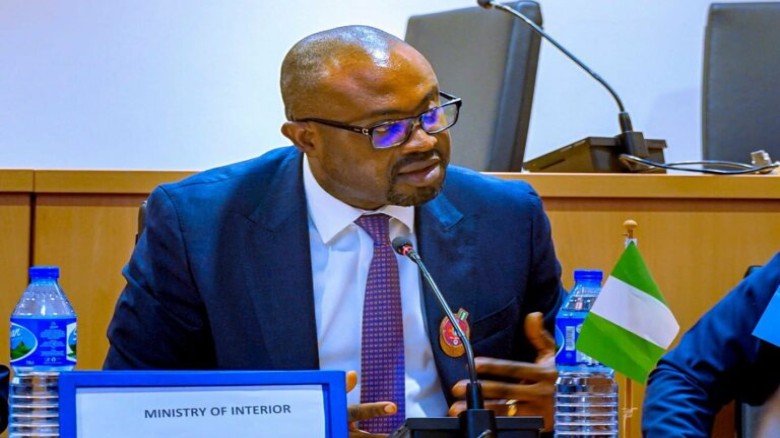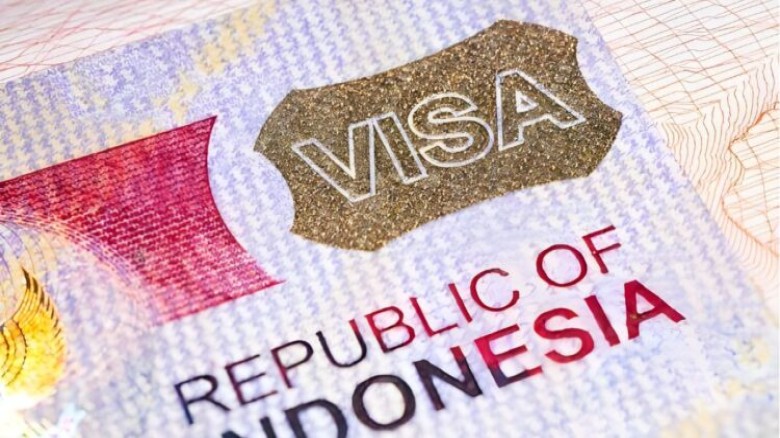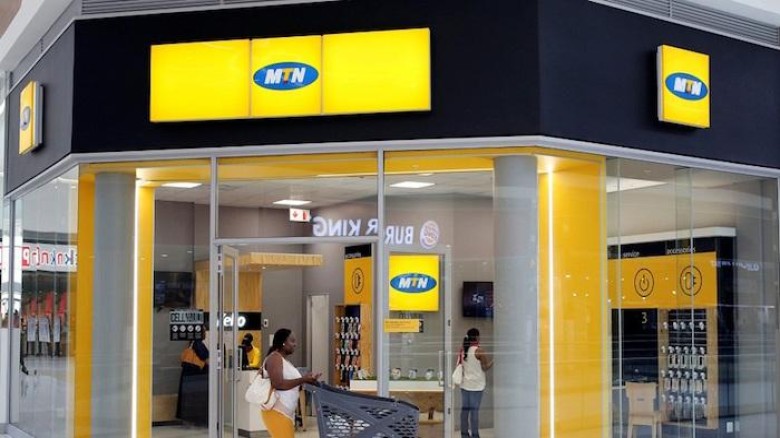Nigeria not ready to halt fuel importation – Experts
According to The Punch, some oil and gas specialists believe Nigeria is not ready to suspend imports of refined petroleum products, and they urge the Nigerian Midstream and Downstream Petroleum Regulatory Authority to give in to pressure.The experts stated these assertions in response to claims made by the NMDPRA's chief executive, Farouk Ahmed, claiming the Dangote refinery had requested that he stop giving fuel import licences.
Ahmed cannot allow such requests that could result in a monopoly to ensure Nigeria's energy security.
However, the NMDPRA boss's comment appears to have outraged Nigerians, with many calling for his immediate resignation.
However, energy consultant Henry Adigun lambasted the NMDPRA for making public statements regarding the Dangote refinery.
He believed that, while the majority of what Ahmed had said was true, it was intended to stay confidential.
Adigun argues that Nigeria should not stop importing fuel until it has three or four refineries operational.
"We cannot cease importing fuel until we have three to four functional refineries. We cannot have our energy security in the hands of a single person, as the NMDPRA CEO attempted to convey, but this should not have been a press discussion', Adigun said.
He added that the government should consider other investors who may be hurt by the unexpected halt in imports.
According to the expert, the Petroleum Industry Act protects depot owners' rights to import petroleum, and a fiat cannot take those rights away.
Adigun says that those who now buy petroleum will inevitably choose to use the Dangote refinery since it is less expensive than importing petrol from outside the country.
Contrary to popular belief, Adigun believed that the Dangote refinery was unlikely to cause a drop in pump prices.
He reiterated that the price of crude will be determined by global standards, regardless of whether it is provided locally or in naira.
He revealed that the landing cost of petrol has risen to roughly N1,100, which is largely due to production costs.
But, according to Adigun, it would only be conceivable if Dangote and Nigerian National Petroleum Company Limited had a contract requiring them to sell at a fixed price rather than relying on the global benchmark or the fluctuating foreign exchange rates.
According to Ogunleye, Dr. Taiwo Petroleum has continued to play an important part in the global energy mix and economy. It is also an essential component of the modern energy grid, which underpins the global economy.
According to him, the NMDPRA should adopt the backward integration policy to encourage investment in local refining within the downstream petroleum industry, as outlined in Section 317(8) of the PIA.
Similarly, Section 317(9) of the PIA authorises the regulator to provide import licenses to enterprises having active local refining licenses or a proven track record of international crude oil and petroleum product trading to cover product gaps.
He maintained that the regulator's authority should never be usurped.
According to Section 317(10) of the PIA, the NMDPRA should allocate import volume based on the previous quarter's refining output, the percentage of active wholesale customers, competitive pricing, and prudent supply, storage, and distribution track records.
"The imported petroleum products must conform to Afri-5 Specification (50 ppm sulphur) as per the ECOWAS declaration on adoption of the Afri-Fuels Roadmap or as prescribed by regulation," the minister noted.
However, the Publicity Secretary of the Crude Oil Refiners Association of Nigeria, Eche Idoko, believes that the government must suspend imports as soon as feasible.
Idoko stated that if the government follows through on its promise to give crude to local refineries in local currency, local refiners might supply the fuel needed for local use.
























Leave A Comment